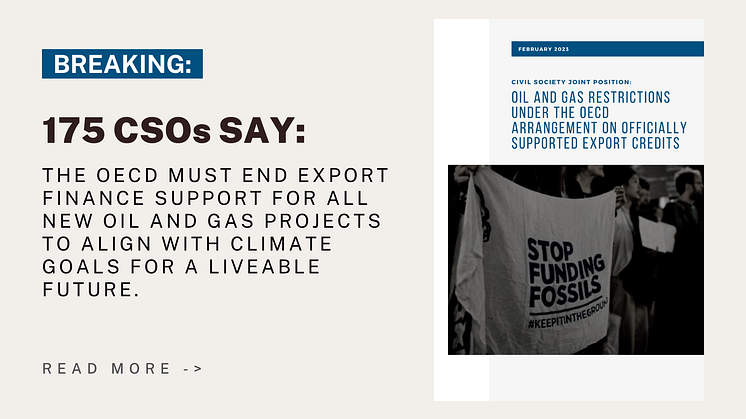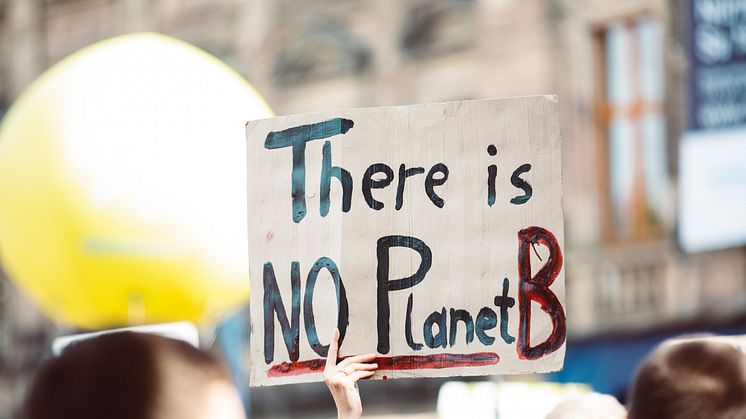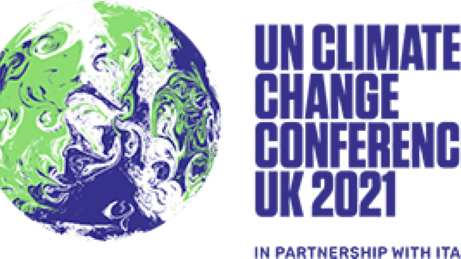
Pressmeddelande -
Swedwatch endorse proposal for the OECD to end export finance support for oil and gas
One week before international negotiators meet at the Organisation for Economic Co-operation and Development (OECD) in Paris to discuss aligning export finance with international climate goals, Swedwatch together with more than 175 civil society organizations (CSOs) from over 45 countries have released a Joint Position calling on world leaders to end OECD export finance for oil and gas.
-While the rising human costs of the climate crisis are on the front page of magazines and newspapers, OECD countries are still engaged in a surreal discussion on whether restrictions to oil and gas export finance should be enacted or not, ignoring climate science and the UN’s clear message that fossil fuels everywhere should be phased out, says Davide Maneschi, programme officer climate change at Swedwatch.
A failure to do this will not only exacerbate the climate crisis but also condemn low-income countries to carbon lock-in and make it more difficult for them to meet their climate commitments.
-The OECD must stop supporting the fossil fuels industry and commit to promote a just transition with communities and human rights at the center, says Davide Maneschi.
Next week from March 6th - 9th, when the OECD negotiators meet to modernize the Arrangement on Officially Supported Export Credits they have a crucial opportunity to take ambitious climate action in line with the science.
The Civil Society Joint Position advocates that OECD negotiating countries do this by prohibiting all export support for new oil and gas infrastructure and associated infrastructure.
Climate science is crystal clear: to meet a 1.5°C warming limit no new oil and gas fields can be exploited, and that 40% of already developed fields may need to be shut down early.
5 out of 10 of the OECD negotiating countries have already committed to ending international finance for fossil fuels by the end of 2022, including for their ECAs, through their signing onto the COP 26 Statement on International Public Support for the Clean Energy Transition, Sweden being one of them.
This pledge explicitly includes, “driving multilateral negotiations in international bodies, in particular in the OECD, to review, update and strengthen their governance frameworks to align with the Paris Agreement goals”.
- Countries that have implemented their commitment with integrity domestically, such as Sweden, the United Kingdom, Denmark, and New Zealand, must now ensure that the latter part of their commitment to take this ambition to the OECD-level is not forgotten. Sweden and the European Union must now live up to their ambitious climate goals and be a driving force in the effort to phase out international public finance support to fossil fuels at the OECD, says Davide Maneschi.
FACTS
Export Credit Agencies (ECAs) are the largest international public financiers of fossil fuels. They play a catalytic role in shaping our global energy systems. ECA support, in the form of loans, loan guarantees and insurance, helps domestic companies limit the risk of selling goods and services in overseas markets.
This finance is government-backed, and often concessional, helping prop up fossil fuel projects and infrastructure which would otherwise be too risky for the private sector to finance alone.
At present, G20 ECAs provide seven times more support for fossil fuels than clean energy. From 2019-2021,G20 ECAs supported at least $34 billion per year worth of transactions for fossil fuels, over 90% of which were for oil and gas, while providing only $4.7 billion for clean energy.
The joint position paper is attached.
Ämnen
Kategorier
Swedwatch är en ideell och politiskt obunden researchorganisation. Vårt mål är att företag, investerare och stater ska ta ansvar för mänskliga rättigheter och miljö och att rättighetsinnehavare kan göra sina röster hörda.





